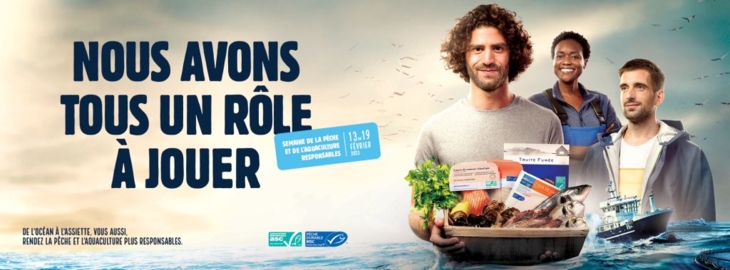L’aquaculture refers to the cultivation of algae, fish, crustaceans and other aquatic organisms in various aquatic environments. Related to agriculture, this practice mainly aims to produce high quality proteins for human consumption. Today, it represents a sustainable alternative to the challenges of overfishing and the growing needs for marine products. L’aquaculture plays a crucial role in feeding a significant portion of the world’s population while promoting environmentally friendly production methods.

Aquaculture, often unknown to the general public, plays a crucial role in our ecosystem and for global food security. It defines the farming of aquatic organisms such as fish, crustaceans and algae. With a growing demand for seafood, this practice is essential for the sustainability of our oceans. In this article, we will explore what aquaculture is and why it is so vital to our marine spaces.
Table of Contents
ToggleWhat is aquaculture?
Aquaculture refers to the breeding, cultivation and harvesting of aquatic organisms in various environments such as ponds, rivers and oceans. Like agriculture for land, it includes a wide variety of species, including Pisces, THE crustaceans and the algae. The main goal of this practice is to produce food resources for humanity in a sustainable and efficient manner.
This field, often linked to fish farming, which is more specifically the breeding of fish, also includes other marine and freshwater organisms. Aquaculture helps meet the growing global demand for seafood while reducing pressure on wild fish stocks, often threatened by overfishing.
The Principles of Aquaculture
Aquatic farms rely on carefully regulated practices to optimize the growth of farmed species while minimizing environmental impacts. These practices include the use of special foods that allow fish to efficiently convert these nutrients into proteins body, much more efficiently than cattle or chickens, making it a very attractive source of protein.
Why is aquaculture essential for our oceans?
The pressure exerted by the overfishing on wild fish populations is one of the fundamental reasons why aquaculture has become essential. It offers a sustainable alternative by stabilizing demand, ensuring that wild fish populations can regenerate.
Furthermore, aquaculture contributes to the food safety world by providing high quality protein to an ever-increasing population. Aquaculture products are essential for around 800 million people around the world. This contribution is all the more valuable in regions where food resources are limited.
Impacts and Innovations in Aquaculture
Although necessary, aquaculture is not without challenges. Environmental impacts, such as the use of wild-caught fish feed, wastewater discharges or diseases, require careful and innovative management. The search for plant-based substitutes for feeding farmed fish is a rapidly expanding field aimed at minimizing the ecological footprint of the sector.
Companies are also investing in water recirculation techniques and optimization of growing conditions to ensure the sustainability and efficiency of aquaculture systems. These technological innovations are essential to maintain a balance between productivity and ecology.
A Sustainable Future
Aquaculture represents one of the most effective ways to meet the growing need for fish and other marine products. By continuing to innovate and adopt responsible practices, it is possible to develop this industry without compromising the health of our oceans.
In summary, aquaculture is much more than just an alternative to traditional fishing; it is a necessity to ensure the sustainability of our marine resources while feeding an expanding world population.









